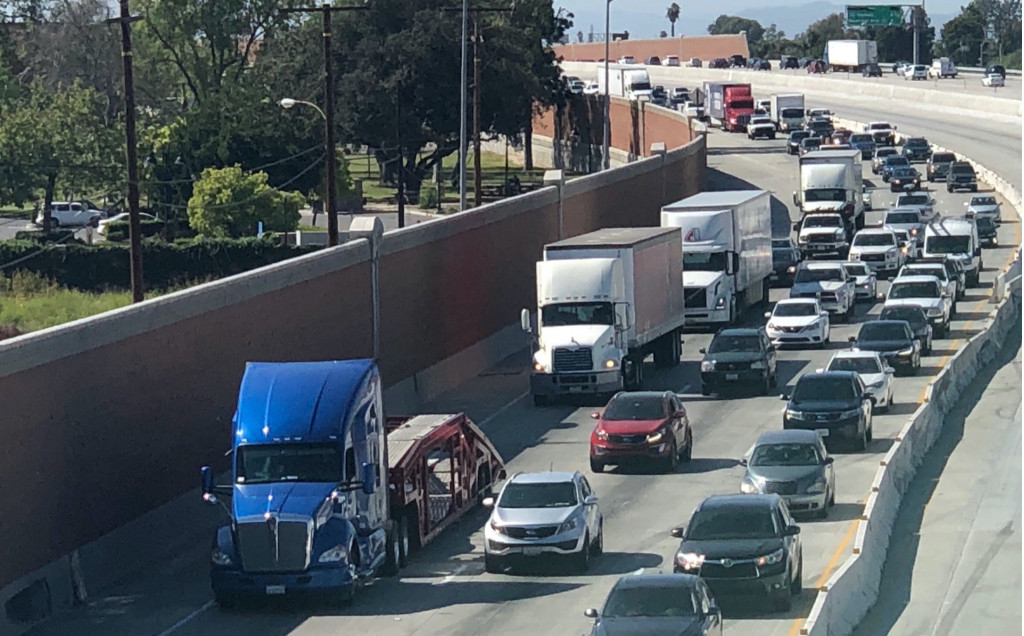Florida wants to pave roads with radioactive waste

Florida lawmakers have drafted a bill that would allow the state to pave its roads with radioactive waste.
Now on Governor Ron DeSantis’ desk, HB 1191 could force the Florida Department of Transportation to study the use of phosphogypsum — a radioactive byproduct of fertilizer production — as a paving material, according to an NPR report.
The bill, reportedly opposed by conservation groups, sets an April 1, 2024 deadline for Florida’s transportation department to make a recommendation on the use of phosphogypsum. If approved, the material would be used alongside other aggregates such as crushed stone, gravel and sand.
Florida is a major fertilizer producer, and as a result, a lot of phosphogypsum is left behind as waste. Phosphorus is an important component of fertilizer, which helps plants grow strong roots and increases crop productivity, according to NPR. To get it, phosphate rock is dissolved in sulfuric acid to make phosphoric acid.
Miami Skyline – Image via the City of Miami Government
This common manufacturing process, which dates back to the 1840s, is not very efficient, the report explains. For every ton of phosphoric acid produced, more than five tons of phosphogypsum waste is produced. The phosphogypsum is usually left in huge heaps — called “gypsum piles” — that can be up to 200 feet high and cover 800 acres. They have also been linked to problems such as sinkholes. That explains why lawmakers are so eager to take advantage of the stuff.
However, phosphogypsum also contains “significant amounts” of the radioactive element uranium and other radioactive elements produced by the natural decay of uranium, according to the EPA. Uranium decays to form radium-226, which in turn decays to radon, a carcinogenic radioactive gas. These elements are present in the original phosphate rock, but the fertilizer manufacturing process concentrates them, making phosphogypsum more radioactive than the original rock, the EPA said.

Large installations in traffic
The NPR report cites a fertilizer industry trade group claiming that use of the material would not result in radiation exposure exceeding current EPA limits, and Chinese researchers who are “optimistic” about the ability of a new recycling process to reduce radioactive material, with the caveat that more research is needed.
The EPA does not allow the use of phosphogypsum in road construction, a policy that has been in effect almost continuously for 30 years (the ban was lifted briefly during the Trump administration). The agency told NPR that Florida will have to apply for approval. So while road builders have tried some unorthodox materials over the years, they may not get the chance to pave Florida highways with phosphogypsum.
Stay connected with us on social media platform for instant update click here to join our Facebook













